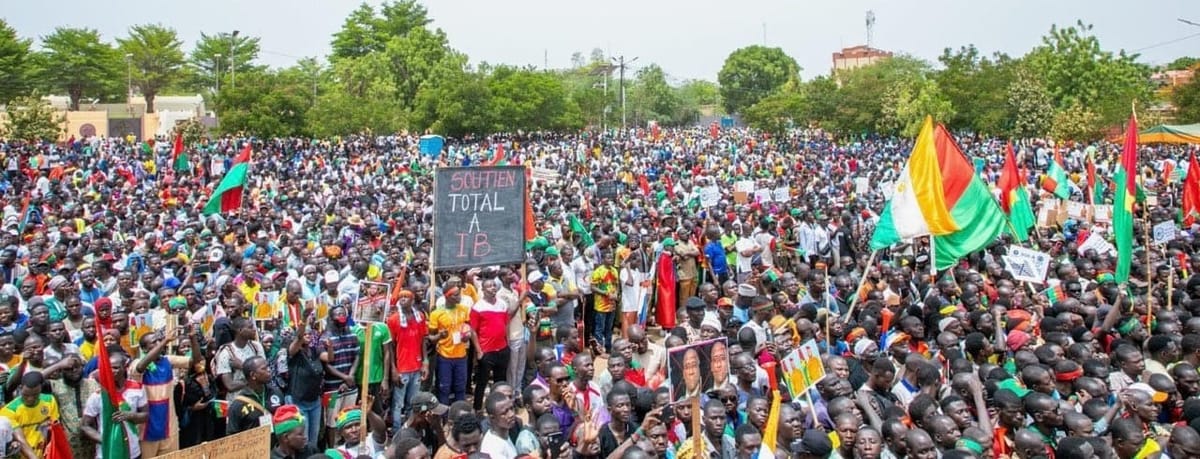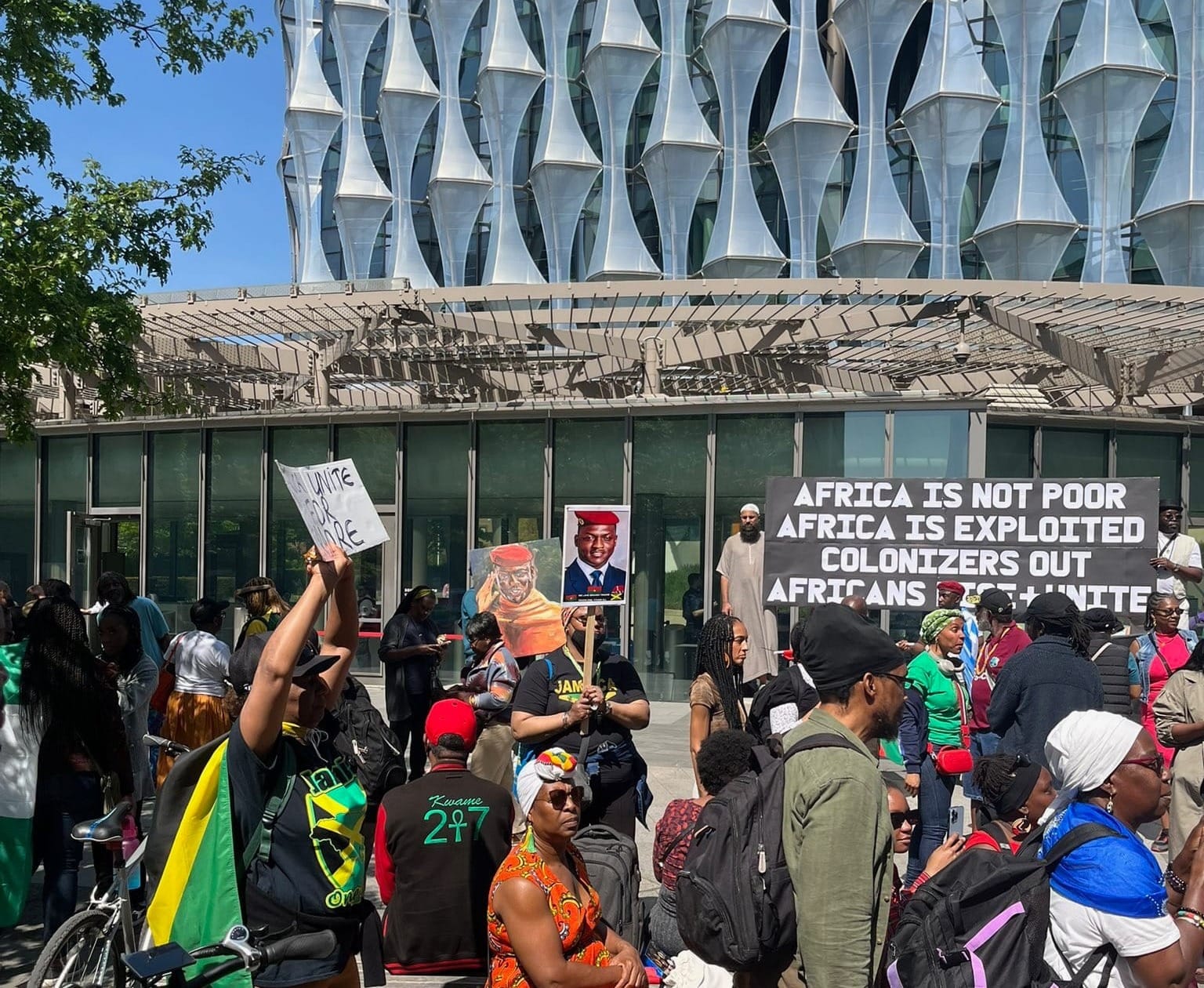Ibrahim Traoré and the New African Awakening: A Shift Toward Self-Reliance and Sovereignty

This week has witnessed an unprecedented wave of protests across key West African countries and in the world, rallying in support of a single leader — a moment reminiscent of the era of Dr. Kwame Nkrumah, who sought to unite Africa under the banner of Pan-Africanism. This surge of political consciousness is widely attributed to Western attempts to undermine and remove the President of Burkina Faso, Ibrahim Traoré.
President Traoré has garnered widespread acclaim across the African continent for his efforts to champion economic self-reliance and address the long-standing inequalities perpetuated by foreign influence. Many view his leadership as a direct challenge to the reliance on foreign aid and support that has historically defined the continent's relationship with the West. For decades, African nations have hoped for equitable partnerships with developed countries. Yet, despite vast natural resources, these partnerships have rarely translated into meaningful development or improved opportunities for the majority of Africans. Instead, the continent has endured persistent economic hardship and underdevelopment due to external efforts.
Today’s African youth, better informed and educated than previous generations, are increasingly critical of external interference and question the sincerity of Western interests in Africa. This growing awareness underscores a belief that partnerships between Africa and the West primarily benefit political elites rather than the broader populace. This sentiment explains, in part, why many Africans appear less concerned about global crises such as Russia’s invasion of Ukraine and are more focused on advancing their own continental priorities.
Burkina Faso is now shifting its focus toward industrialization, innovation, and economic empowerment by leveraging its abundant resources. While self-sufficiency has always been an aspiration, recent geopolitical and economic dynamics have underscored the urgency of prioritizing African-led solutions. Ibrahim Traoré has emerged as a symbol of this shift, and to many Blacks and Africans, it is a great sense of joy to see us united globally. For many, his leadership represents the transformative potential of bold and visionary governance. In contrast to the numerous long-serving leaders who have failed to deliver sustainable development, Traoré is seen as a refreshing departure — a leader who prioritizes the welfare of his people and inspires hope for a better future.

At its core, this movement reflects a desire for self-determination and the opportunity to build societies that reflect the aspirations of African people. To Western observers, Traoré may appear as just another political figure subject to critique. However, to many Africans, he represents a rare and significant figure in modern history — a leader who embodies the continent’s yearning for dignity, sovereignty, and meaningful progress.
This moment is not just about one man — it’s about the dreams, struggles, and hopes of a continent that has long yearned to chart its own course. Your perspective matters. Share your thoughts, your hopes, and even your doubts in the comments below.
The Equatorial Gulf is an independent group of writers dedicated to insightful analysis and thought-provoking discussions on global and regional topics.
Comments ()